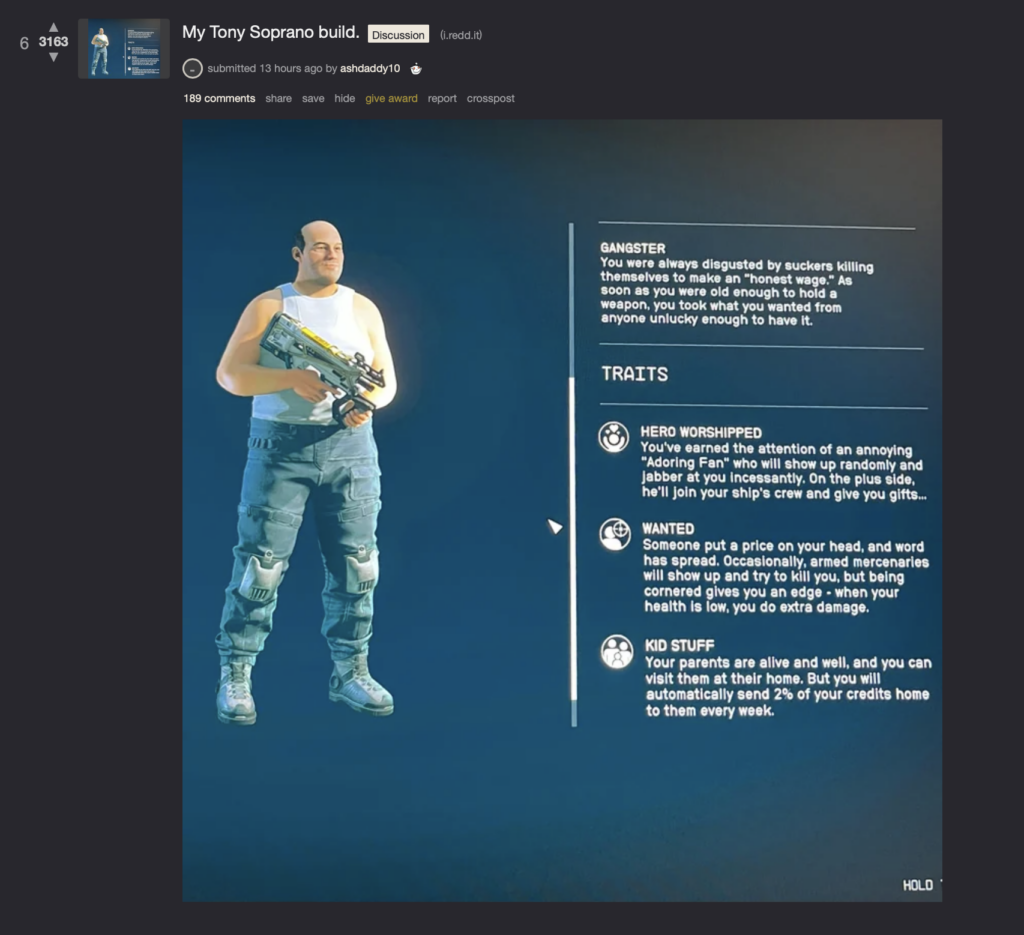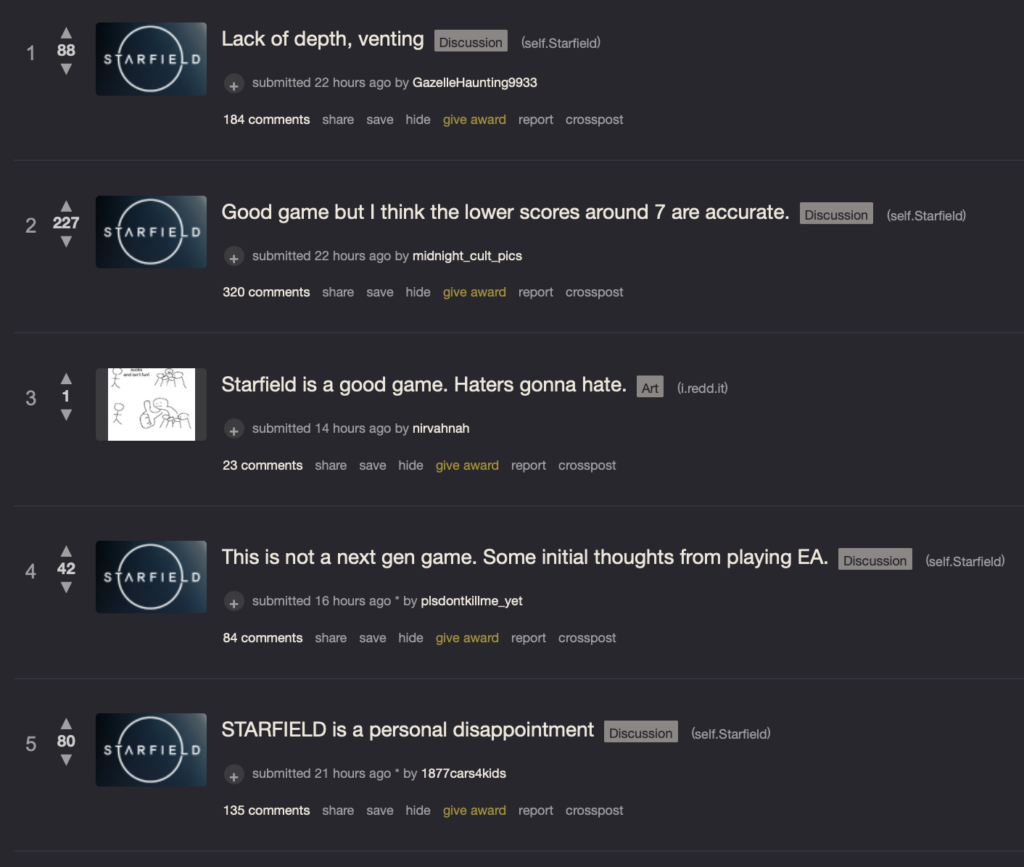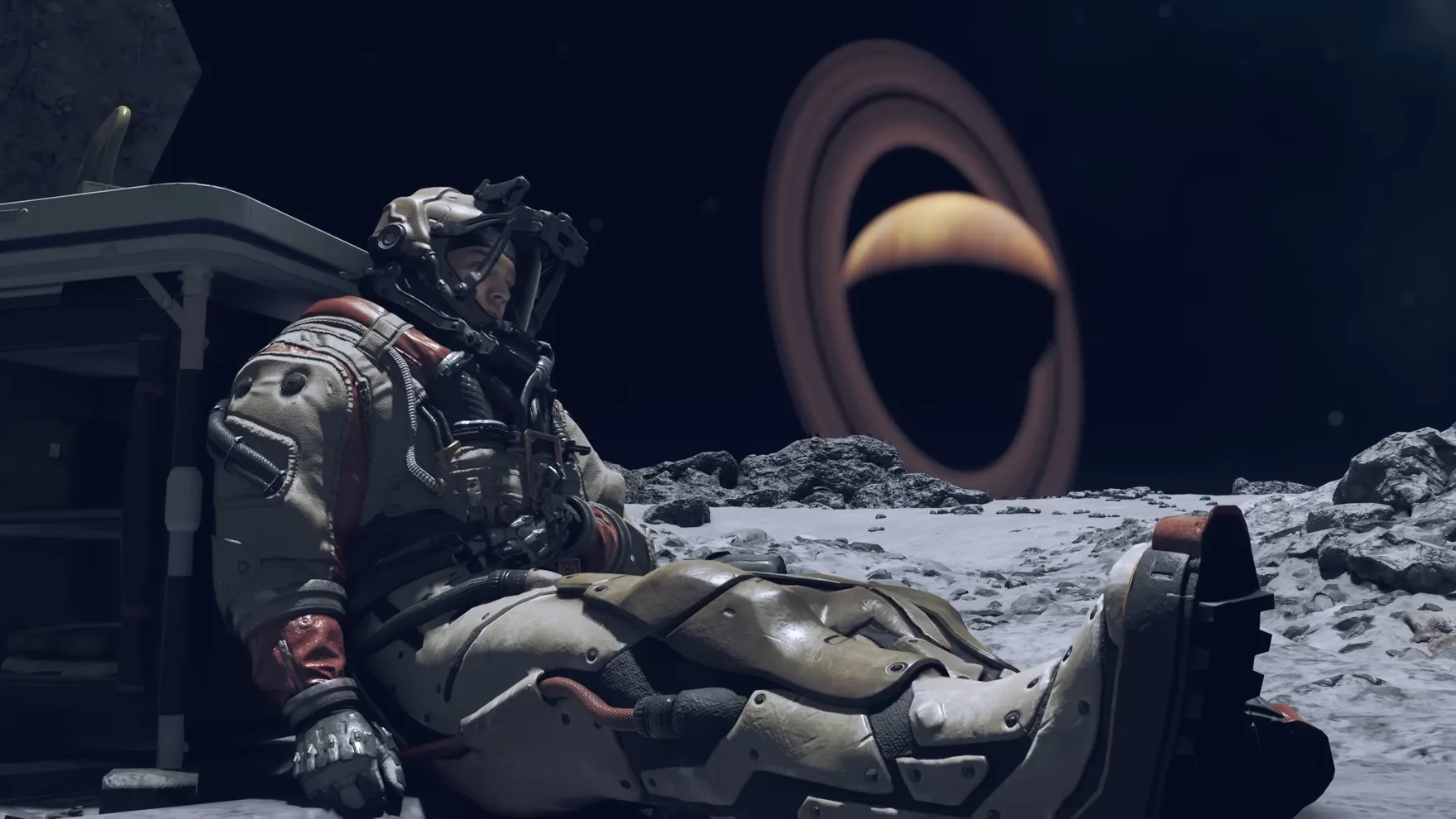What does it mean to be a nerd?
In the Archetype of Nerd, there are many subclasses. There are Tech Nerds, who thrive on littering their home with the latest gadget, touting to whoever wants to hear it why this hunk of plastic and metal is better than the last one, and specifically why its better than the one you have. There’s the Lore Nerd who has read all the Game of Thrones books — not because they were particularly compelling but because they had a popular TV show and were light reading compared to Wheel of Time. Don’t forget the STEM nerds, full of facts about space, physics, computer science, math, and other things people usually don’t care about.
Somewhere in the middle of all of these lives the most repugnant of Nerds. The Video Game Nerd.

I never want to describe myself as a Video Game Nerd, but if I am any other kind of nerd it’s only because of video games. I learned to love software by learning that video games were basically really complex computer programs. The humanities didn’t come alive until I started appreciating stories and visuals that were given to me by The Legend of Zelda and ChronoTrigger. My house is lined with gadgets and WiFi because the idea of being able to frag my friends across the world in 2160p at the click of a button sounds so freaking cool.
The problem with Video Game Nerds, opposed to the related but distant Film or Theatre nerd is that they are still adeptly “in charge” of their market. They set the market based the markets they set end up being capital generators in and of themselves. When DOOM and Wolfenstein 3D hit the marketplace, the idea of a “First Person Shooter” sounded like a technical experiment. Now there are anti-trust cases determining if Microsoft can buy Activision because Call of Duty is so popular that withholding it from Playstation users could be considered anti-competitive behavior. Popular mobile puzzle games hoover the GDP of small nations compiled of $3 micro-transactions from 75-year-old midwestern women, yet they are rarely discussed in the same breath as the colossus titles you’re familiar with because they are not viewed as “real games” in the eyes of the Nerd. When Video Game nerds like something, they make sure that they fill all the other forms of media with the game de jour — “Did you read the article in the Times about Red Dead Redemption?“, “Have you seen the HBO series The Last of Us?”, even “I recreated the entirety Earth in Minecraft.”
This also leads the Video Game Nerd to believe that they are far, far more unique and important than they are. While people may be a specific kind of Nerd, they are usually still known by their first name.
“Hey, this is my friend Bill, he’s really into biking and nature”
Pretty standard introduction, right?
However, when you describe someone who plays World of Warcraft 5 hours a day, it’s probably in hushed and somber tones, and usually by their character’s name.
“Yeah, that’s Bill, but he spends most of his time hate-spamming female Twitch streamers under the gamer tag “Xanzibarrz”.”
Closer to reality.
Hype, and what it does
Every once and while a video game comes out that is a paradigm shifter. In the 1980s, that was Mario, where a little guy could fly across a TV screen with relative ease whether it was a 2 year old or a 82 year old controlling him. In the 90s, computer and strategy games like Starcraft and Command and Conquer soared as graphical capabilities and intellectual seriousness seemed to move hand-in-hand towards a more “mature” idea of what constituted a game. The turn of the century brought in systems like the Playstation and XBOX and with it games like Halo, Grand Theft Auto and Metal Gear Solid — complete 3D worlds with the post-9/11 disaster-avoiding violence that we came to expect with saving the world. Finally, in the last decade, games like Legend of Zelda: Breath of the Wild and Red Dead Redemption (1 & 2) have redefined the concept of “Open World” and role-playing gaming.
Recently, in a similar acquisition to the Activision purchase I mentioned above, everyone’s favorite corporate overlord Microsoft purchased a company called Bethesda Game Studios. Bethesda is known for games that give the player a litany of choices, branching moral paths, thousands of characters with a unique combination of tech, lore, and science. Their newest entry, Starfield, promised all these things and more in a 45-minute demo that I could only describe as massive:
As a Video Game Nerd and self-professed fan of Bethesda, I watched the above video with my mouth agape. Could it be that someone had finally made the game?
Then I saw the catch. It was only coming out on XBOX and PC, as a result of Bethesda’s annexation into the Microsoft gaming world. Despite being a Tech Nerd, I embarrassingly did not own a Xbox (I bought a PS5 with pandemic stimulus cash) or a Windows Gaming PC (my iMac and MacBook Pro are better machines, even if incompatible with DirectX).
After watching and forcing my wife to rewatch it with me, I ended up pre-ordering the new variant of the base-level Xbox; set to deliver the same day as the game’s release. Then I could experience it all at once, in the way that Microsoft and Bethesda seemingly anticipated. I eagerly waited the three months between the above video’s release and September first with the same anxiety as a misunderstood high school student hoping that college was really going to be the place where life began.
When the day came and the game finally arrived, I booted up my Xbox and began to dive in, warning Maggie that I may not do anything else on Labor Day Weekend — 75º weather be damned!
What awaited me was the most disappointing and lackluster experience I’ve had in decades. I sat on my couch, staring at my meticulously calibrated 4KTV, in utter bewilderment.
Where was the game I watched in the 45-minute epic demonstration? Where was the space flight? Why am I spending 90% of my time fiddling in menus and fast traveling instead of just GOING PLACES and DOING THINGS? How did my companion end up in my gun’s line of sight again? Does everyone just stare at me the whole time?
Maggie, who I would best describe as not being a nerd at all, was also perplexed. Despite her only every playing Animal Crossing and the occasional Mario Party and her appreciation of Video Games being closer to “a thing people choose to do sometimes,” she had some qualms.
“Didn’t they show you flying places? That was just a cutscene.”
– A very wise woman.
I felt robbed. Not just of the $450 I spent to get the Xbox and game to my house, but of the feeling of joy and freedom that I was supposedly promised and expected from a multi-billion dollar company and game studio. I was angry and wanted to shout it from my rooftops, but I had to think — was I alone? I did what any deranged millennial with too much time on their hands did: I went to Reddit.
At first, the humble land of /r/Starfield seemed like I was the one that was an alien. The forum was littered with attempts at memes, people showing off their starship builds (most of which were attempting to make spaceships from other media entities in Starfield, nothing really showing off how cool their custom ships are), and the odd random occurrence here or there that people may miss in this otherwise expansive game.

But once you start sorting by controversial, the conversation began to shift:

How could there exist these separate worlds? What were we, the dissatisfied, missing that the others found so much joy in?
The war in the comments was extremely vitriolic. Hundreds of people saying things very similar to me, being downvoted and called casual fans and “ruined-by-Fortnite Zoomers” by people that were at the same time willingly stating “it gets better 12 hours in” about a game that came out 36 hours ago.
I’m fine with movies that take an hour to really get the action flowing. I can live with a story that doesn’t start to hum until you’re using the back cover as a bookmark. I often choose to play games like Rimworld and Factorio, where the object of the game isn’t to play or react as quickly as possible, but instead play in a planned fashion as long as you can. What I can’t live with is something that isn’t, in any way, fun.
Starfield is not fun. It is tedium. To change weapons, you have to press a button to open a menu, then another button to select the weapon, then sometimes another button to close the menu (even with fast switching). To go to a new planet, you press a button to bring up a list, then you select the name from a list, then you press another button and get flown there by your computer. Or you can press a different sequence of buttons and do the same thing, but this time you skip the part where you hover over their planet and you just land. Or you just press one button and you are instantly transported somewhere else. Oh, did you want to compare stats on your armor? Sorry, you better have a pen and paper handy! Don’t worry, you can’t really carry more than one spacesuit anyhow, because then you’ll be over encumbered and start using more O2 than either of your suits can provide. All this happening in bland, blue-ish gray menus that look exactly similar to the last one you were staring at.
I am no novice to video games. I enjoy playing things on harder difficulty under the assumption I likely don’t have time to replay it, so I might as well get my money’s worth. When I placed Starfield on “Hard” (which is level 4 of 5 in terms of difficulty), it ground to a halt. Base level enemies took entire clips to down with level-appropriate guns. Every shot I took was considerable damage and despite having good armor available, no amount of damage reduction really seemed to matter. I churned through healing aids and stat boosters just to do core missions. I had to meticulously plan where I was going to hide in cover because some areas seem to be either totally penetrable or the enemy AI was so eagle-eyed they were able to fire lasers between impossible gaps.
The story was bland, at least as far as I got in it thus far. Go there, do this, talk to him, give this to them, kill those bad guys, save those good guys — it was all the same thing we’ve done in every Bethesda game for the last two decades. But this time it felt so tacked on. Why should I join Constellation (the entry level explorer group you’re shoehorned into after a weird mining trip)? What happens if I don’t? Those level of questions don’t seem to matter, at least not anymore.
“This planet is Argon II, you now need to go to Argon V to check out this outpost that will have a mission that tells you to go to Argon Prime which will have you pick up a note that says everyone is dead and to return to Argon II for some credits.“
Saying that sounds boring, because it is. And this is a lot of what you’re expected to do in the first 12 hours that everyone seems to hand-wave away as just part of the learning curve. The charm of Bethesda games are those notes and those people who all used to contain worlds in and of themselve. You were allowed to live in that world with them. This game seems to say, from the start, “You are different, you are special, you will change the universe — but now go do my chores.” It’s a game that supposedly lets you do anything, and feasibly you can if you’re willing to find the menu that allows you to do so. But in reality it feels like you’re not doing anything at all, and there’s no role to actually play.
I’m sure I will finish this game, mostly because I had spent an arm and leg to try to play it. But I don’t get why this is acceptable anymore. I don’t get why people are bending over backwards to protect and excuse this. I play video games to escape from the drudgery of everyday life and work. I don’t want to flip through menus and read text and scrutinize numbers. I do that daily. I want to do things I can’t ever do in reality.
So weeks after I spend this beautiful weekend outside, I will maybe finish this game. I will then pack it away and never think about it again. I will pick up my Nintendo Switch, launch Zelda and have some fun. As it was made for.
